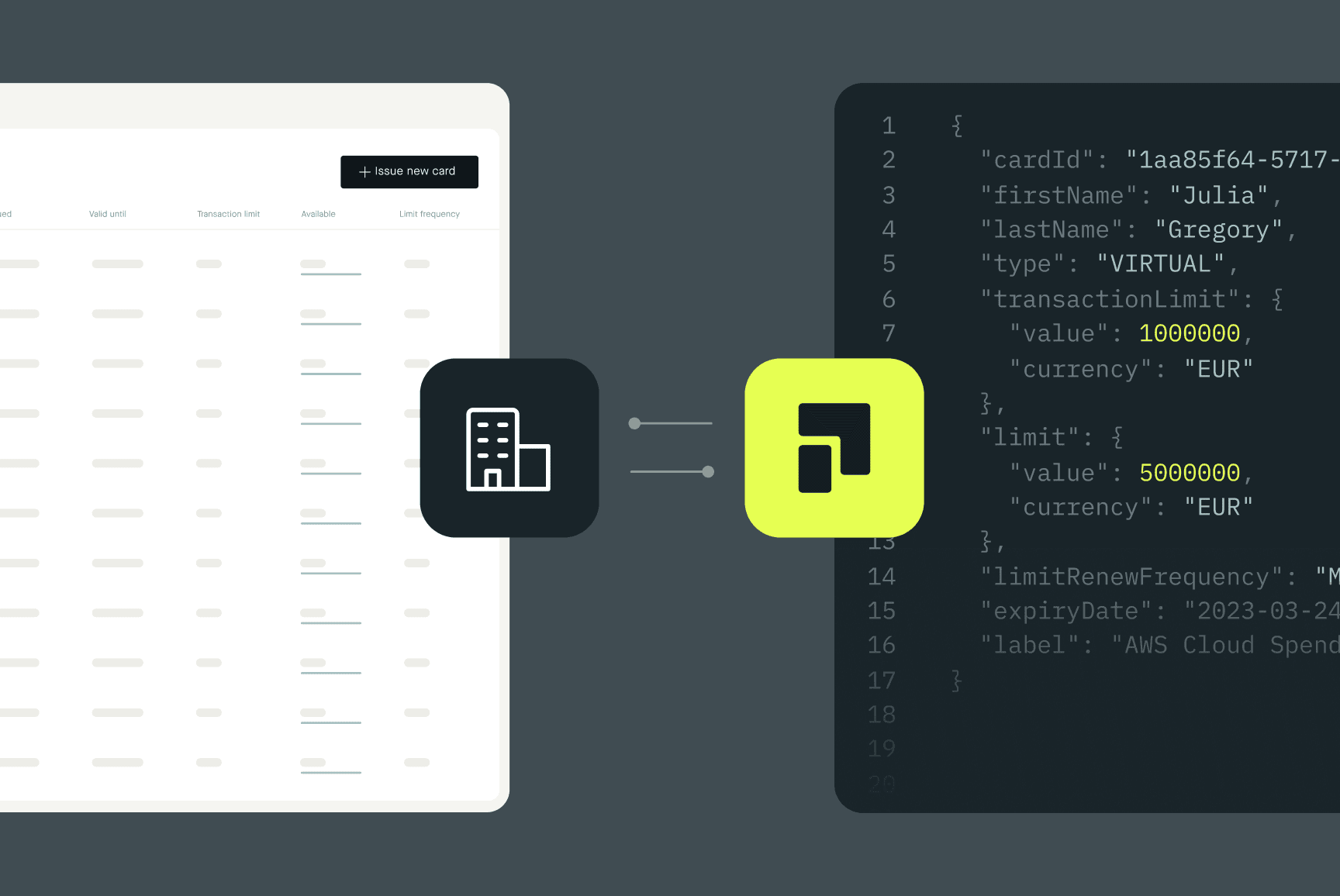Business travel management: How to plan your staff's trips wisely
Whether you’ll have someone from your employees flying across the country to a conference, trade show, or team building event, knowing the basics of business travel management will allow you to make the most of your budget and your employees' valuable time.


Are you planning your team's upcoming trip?
Well, you might want to know the best ways to maximize time and money.
Luckily, today we’ll go over everything you need to know when planning a trip for your onsite or remote workforce to make this experience enjoyable for all parties involved.
In this article, you'll find the best tips to manage your staff’s business travel like a pro.
Let’s dive right in!
Why is business travel management so important in 2023?
According to Statista, in 2020 alone, Germany had the highest business travel spending in Europe.
And as the world resumes face-to-face interaction, business travel is becoming commonplace for many companies.
It should be noted that after having been confined by international sanitary laws for almost two years, many potential clients and investors are yearning to establish that personal contact; which is often the determinant factor for the closing of a deal.
Therefore, you need to learn how to make the most of your company travel management to get the most out of them.
Business travel vs Leisure travel - Or maybe a combination of both?
Although the differences between the two may seem obvious, it is necessary to understand why some hotels, travel sites and booking apps ask you to specify the purpose of your trip.
Why do hotels ask if you're traveling for business or leisure?
For starters, leisure travel - unlike business travel (a.k.a. business tourism) - attracts people whose itinerary is more flexible or spontaneous.
Secondly, travel operators ask this common question because they need to know which demographic is interested in their services and thus devise new ways to generate revenue.
This information is extremely valuable as it allows these companies to create attractive packages and marketing campaigns for each type of traveler.
Smart Tip 💡Research and compare prices thoroughly between hotels before booking! You could save a lot of money by getting a good deal with a hotel that meets the needs of your business and your employees.
There are even hotel chains whose target audience is organizations.
So, these are the types of hotels you should be focusing your efforts on.
What are business hotels and how do they work?
Business hotels are usually located in strategic areas of cities.
This allows travelers to have convenient access to a wide variety of services and transportation.
Also, most of these hotels have a reliable invoice generation system in place. Which will make it easier for your employees to request invoices when checking in.
Advice your employees to ask the hotel’s management to have the invoices sent by email to make your receipt management even easier.
Another advantage of these hotels is that they have customized packages for a wide range of budgets, allowing you to indicate to your employees which package to choose depending on their travel allowance.
Is it possible to combine business and leisure on a trip?
In short, yes.
However, this is closely tied to your company's travel allowance policy and the time your employees have to unwind during their business trip.
Smart Tip 💡If you have the budget to spare, you can allocate an amount on your employees' credit card to be used for an afternoon of recreation before traveling back home.

Should corporate travel management be outsourced or handled in-house?
Back to the budget situation.
Many companies, especially in the start-up stage, prefer to handle corporate travel internally as it allows them to have more control over expenses.
However, as they scale up, some decide to hire one or various specialists in the field or simply outsource this part of their business.
If you are planning to outsource the travel management of your business, make sure you hire a well-known agency with which you expressly outline the needs of your organization.
Keep in mind that outsourcing this or other parts of your business does not mean that your problems will be magically solved.
It will still be necessary for someone within your organization to keep track of what the agency is doing.
What travel expenses will you incur as an employer in Germany?
According to the German Travel Expenses Act (Bundesreisekostengesetz, BRKG), the per diem rates in Germany are calculated per the German Income Tax Act, and can be summarized as follows:
Meal allowance
If the trip is short, less than 8 hours, the employee isn’t entitled to get reimbursed for any meals and should pay them from their own pocket.
Note: The employer may subject this expense to income tax if they provide this benefit for short trips.
Keep in mind that if the trip lasts more than 24 hours, the employee will have a €24 allowance to spend on meals.
Accommodation allowance
For trips that last more than one day, employees may have an allowance of €20 euros per night (although this is usually always covered by the employer).
Smart Tip 💡 Always ask your employee if this benefit will be used or if they will stay with a relative or friend.
Transportation allowance
Employees are eligible for a refund of 130 to 150 euros if they use their own car to make the business trip.
When traveling by train, they can be fully reimbursed as long as it is booked in second class and the trip does not exceed 2 hours.
Depending on the occasion and the company's budget, business class will be reimbursed if the trip lasts more than 6 hours.

How to reduce costs associated with business travel?
We know that work-related travel can be overwhelming for you and your employees.
Therefore, we advise you to make it a priority to educate your staff in detail on this issue, so that everyone is on the same page and contributes to making the process of both booking and handling receipts as efficient as possible.
Here are some useful tips:
1. Save business travel exclusively for occasions of utmost necessity.
Keep in mind that business travel can be quite stressful for your employees.
Delayed trains or planes, long commutes, double-booked accommodations, traffic and other travel-related problems can sour your team's experience, which can have a negative ripple effect on their productivity.
Therefore, consider all your available options before planning a trip that can probably be replaced by another member of your team who may live near the destination, or substituted by a video call.
2. Get a corporate credit card for your company.
Corporate credit cards are your best ally when it comes to managing employee travel.
Here are a few reasons why:
They give you the flexibility to allocate and adjust budget at the touch of a button.
You save your company money by receiving cash back for every purchase your employees make.
Allow you to better control and track expenses of your staff.
You can make secure online and in-person purchases with virtual and physical credit cards.
Do you want to know how to get the best corporate credit card solution for your business? Click here.
3. Instruct your employees on how to travel light.
Although this point may seem obvious, many professionals do not know how to optimize space when traveling.
Therefore, it is necessary that you encourage them to travel only with carry-on luggage to avoid excess baggage and all the additional related expenses.
4. Keep your travel policy up to date.
Make sure to update your travel policy periodically so that there is no room for error. Also:
Avoid using technical terms that may be confusing to your employees.
Inform your staff regularly about best practices when booking corporate travel.
You can create an internal newsletter specifically for this topic or include any updated information in your regular one.
5. Create educational resources with clear information to avoid errors.
If necessary, create an institutional explainer video, showing your employees how to book transportation and hotels for their trip.
Additionally, include valuable information such as:
dos and donts when claiming invoices,
allowance,
list of services they have access to when booking,
how to submit invoices,
etc.
The great thing about explainer videos is that you can also use them to onboard new members - followed by a quiz - and edit them as many times as needed.
Smart Tip 💡Conduct a survey among your team. Ask them to send you any questions they may have about your travel policy and answer them in the video.
6. Have a fine-tuned receipt management system in place.
Avoid errors when processing your team's invoices and receipts with the right receipt management system.
Provide your team with the tools you need to avoid unnecessary hurdles when it comes to doing your company's books every month-end close.
Want to get the best receipt management solution for your business? Click here.
We hope these tips will help you get the most out of your organization's business travel management, and don't forget to contact our team if you need expert advice.
Safe business travels! ✈️ 💼






